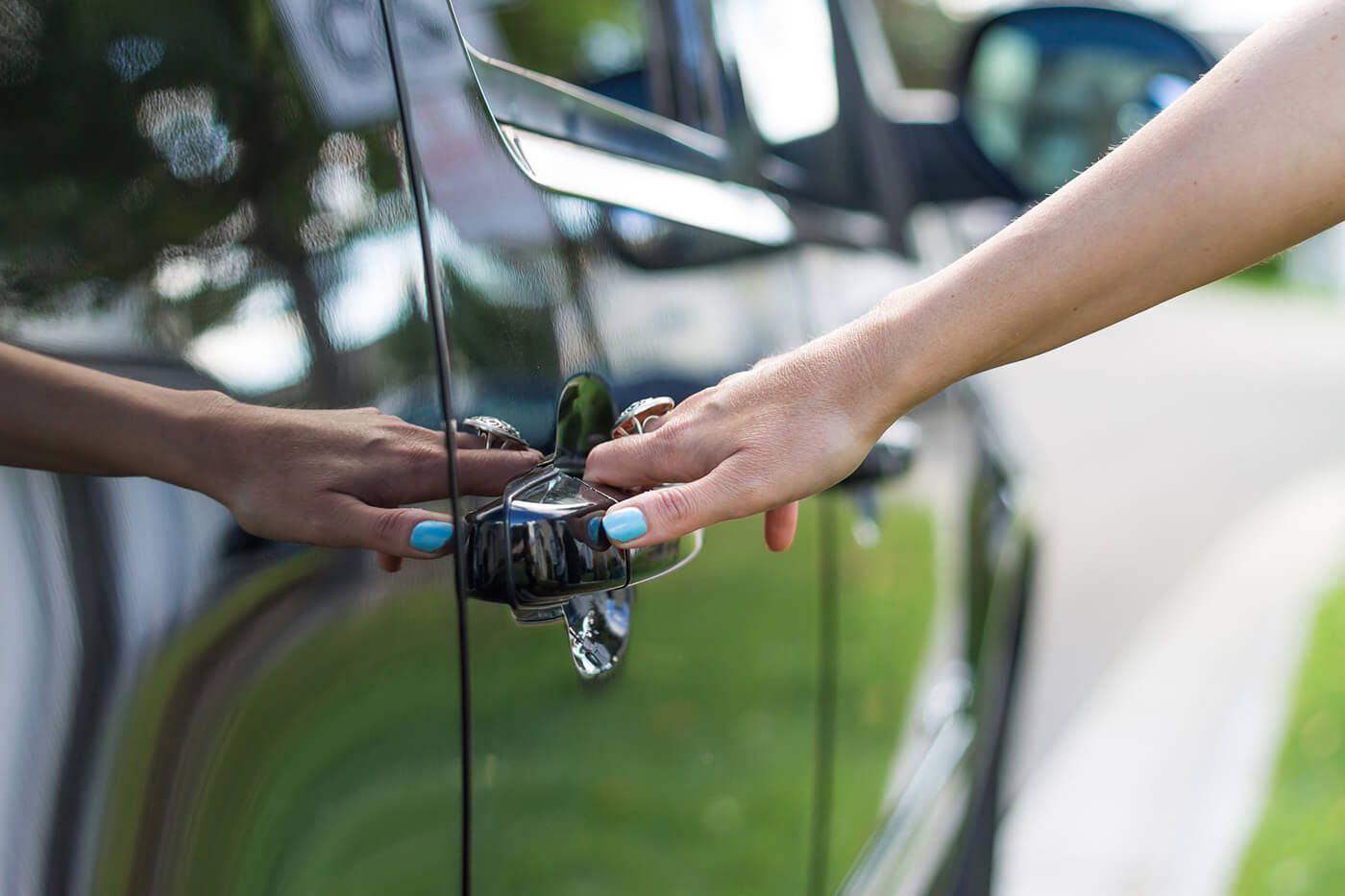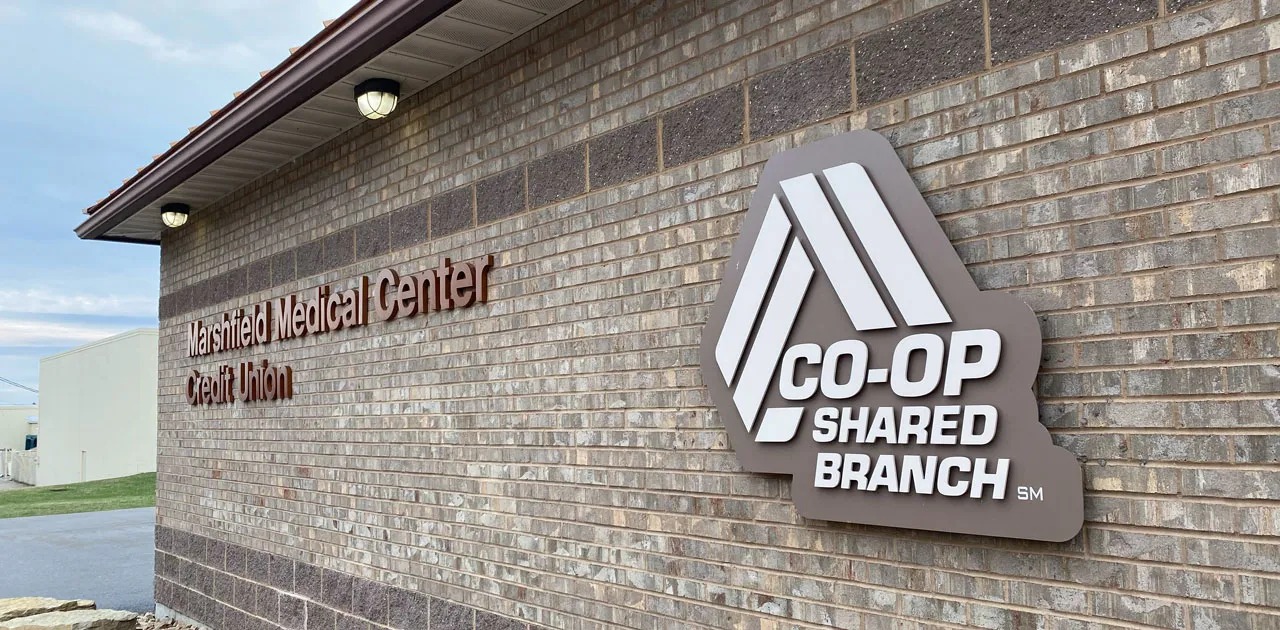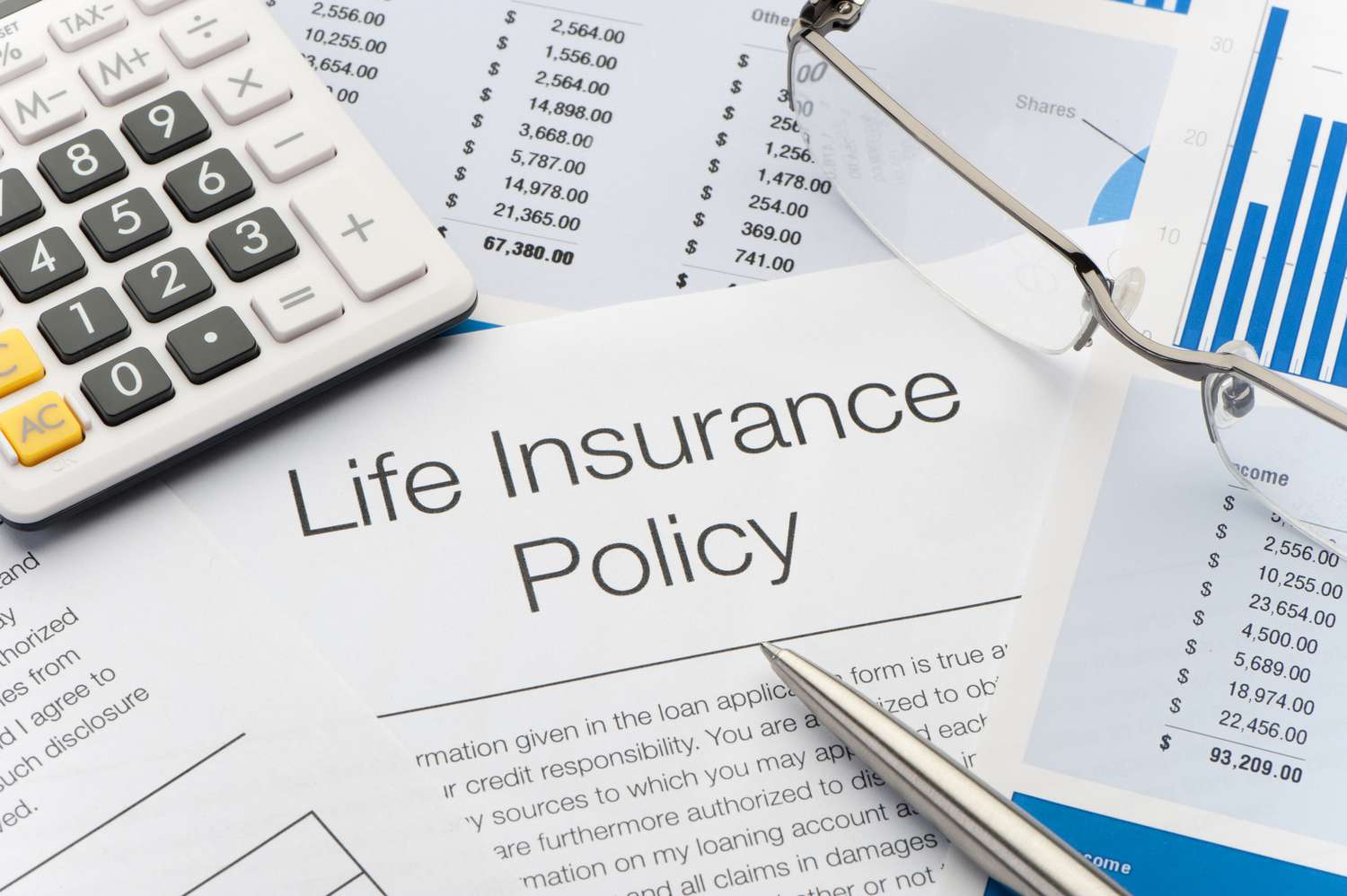

Finance
Where Can I Get A Car With A Repo On My Credit
Published: January 8, 2024
Looking for car financing options with a repo on your credit? Discover where to get a car loan despite past credit challenges with our expert finance solutions.
(Many of the links in this article redirect to a specific reviewed product. Your purchase of these products through affiliate links helps to generate commission for LiveWell, at no extra cost. Learn more)
Table of Contents
- Introduction
- Understanding Car Repossession
- Impact of Repo on Credit Score
- Where to Find Car Dealerships that Finance Repossessions
- Getting a Car Loan with a Repo: Options Explained
- Steps to Take Before Applying for a Car Loan with a Repo
- How to Improve Your Chances of Getting Approved for a Car Loan with a Repo
- Conclusion
Introduction
Having a car repossessed can be a difficult experience, and it often leaves a negative mark on your credit history. However, this doesn’t mean you won’t be able to get another car loan in the future. There are car dealerships that specialize in financing vehicles for individuals with repos on their credit.
In this article, we will explore the options available for those who are looking to purchase a car after having a repo on their credit. We will discuss the impact of a repo on your credit score, where to find car dealerships that finance repossessions, and the steps you can take to improve your chances of getting approved for a car loan.
Understanding the process of car repossession and its consequences is the first step in moving forward. A car repossession occurs when a borrower defaults on their loan payments and the lender takes possession of the vehicle. This can happen due to a variety of reasons such as financial hardship, job loss, or unexpected expenses.
When a car is repossessed, it is typically sold at an auction to recover the outstanding loan balance. However, the amount obtained from the sale may not be sufficient to cover the entire debt, leaving the borrower responsible for the remaining balance known as a deficiency. This deficiency, along with the repossession itself, can severely impact your credit score.
Having a repo on your credit report can make it challenging to secure financing for a vehicle. Most traditional lenders and banks consider repos as a significant risk and may reject your loan application. However, there are specialized car dealerships that understand the circumstances and are willing to work with individuals who have experienced a repossession.
These dealerships often have programs specifically designed for people with repos on their credit history. They assess the borrower’s current financial situation and focus more on factors such as income stability, employment history, and the ability to make regular payments rather than solely relying on credit scores.
In the following sections, we will dive deeper into where you can find these car dealerships that finance repossessions and explore the various options available to individuals with repos on their credit. We will also discuss the steps you can take to improve your chances of getting approved for a car loan despite having a repo on your credit history.
Understanding Car Repossession
Car repossession is a legal process where a lender takes back possession of a vehicle from a borrower who has defaulted on their loan payments. This can occur when the borrower fails to make timely and full payments, breaches the terms of the loan agreement, or is unable to resolve their outstanding debt with the lender.
When a car is repossessed, the lender has the right to sell the vehicle to recover the remaining balance on the loan. Repossession can have serious consequences for the borrower, including damage to their credit score and potential legal repercussions.
Repossession laws and procedures vary by jurisdiction, but the process generally involves the following steps:
- Default on Loan: The borrower falls behind on their loan payments, usually by missing several consecutive payments.
- Issuance of Notice: The lender sends a notice to the borrower, informing them of the default and the possibility of repossession if they fail to bring the loan current.
- Repossession Order: If the borrower does not resolve the default or make arrangements with the lender, the lender obtains a court order or follows the applicable legal process to repossess the vehicle.
- Vehicle Recovery: The lender, or a third-party repossession agency hired by the lender, reclaims the vehicle from the borrower’s possession. This may involve towing the vehicle or obtaining access to it through legal means.
- Vehicle Sale: Once the lender has repossessed the vehicle, they typically sell it at an auction or through other means to recoup the outstanding loan balance. The proceeds from the sale are used to cover the debt, but if the amount is insufficient, the borrower may still be responsible for the remaining balance, known as a deficiency.
It’s important to note that repossession can have long-term consequences for the borrower’s credit history. The repossession will be reflected on their credit report and can significantly lower their credit score. This can make it challenging to secure future loans, credit cards, or other forms of financing.
In addition to the impact on credit, repossession can also result in additional fees and expenses for the borrower. These may include repossession fees, storage fees, and legal costs if the lender takes legal action to recover the deficiency amount.
If you are facing the possibility of repossession or have already had your car repossessed, it’s crucial to understand your rights and options. Consulting with a legal professional or a credit counselor specializing in debt and repossession can provide valuable guidance and support.
Impact of Repo on Credit Score
Having a car repossessed can have a significant impact on your credit score. A repossession is considered a severe negative event and can cause your credit score to drop by a significant number of points. This can make it difficult to obtain credit in the future and may result in higher interest rates or limited borrowing options.
When a repossession is added to your credit report, it sends a clear signal to lenders that you were unable to fulfill your financial obligations. This signals a higher risk of default and reduces your creditworthiness in the eyes of lenders.
The actual impact on your credit score will depend on several factors, including your previous credit history, the length of time since the repossession, and whether there are any other negative items on your credit report.
A repossession will generally remain on your credit report for seven years from the date it occurred, which can have long-lasting consequences for your creditworthiness. However, its impact will gradually decrease over time as long as you demonstrate responsible financial behavior and make timely payments on your other obligations.
It’s important to note that the impact of a repo on your credit score can vary depending on other factors in your credit history. If you have a good credit score and a history of responsible financial management prior to the repossession, the negative impact may be less severe compared to someone with a lower credit score and a history of missed payments or other credit issues.
While a repossession is undoubtedly damaging to your credit score, it does not mean that you are permanently excluded from obtaining credit in the future. There are steps you can take to rebuild your credit and improve your creditworthiness over time.
One important step is to establish a positive payment history by making timely payments on your current financial obligations. This includes paying all your bills on time and making regular payments on any remaining debts, such as credit cards or student loans.
Additionally, you can consider applying for a secured credit card or a small loan to help demonstrate your ability to manage credit responsibly. By making regular payments and keeping your credit utilization low, you can slowly rebuild your credit score.
It’s also crucial to regularly review your credit report for any errors or inaccuracies resulting from the repossession. If you find any discrepancies, you can file a dispute with the credit reporting agencies to have them corrected.
Rebuilding your credit after a repossession takes time and effort, but it is possible. By staying committed to responsible financial management and taking proactive steps to rebuild your credit, you can gradually improve your credit score and regain access to better borrowing opportunities.
Where to Find Car Dealerships that Finance Repossessions
If you have a repo on your credit and are looking to purchase a car, there are car dealerships that specialize in financing vehicles for individuals in similar situations. These dealerships understand the challenges that come with having a repossession on your credit and are willing to work with you to get you behind the wheel of a car.
One option is to search for “buy here pay here” car dealerships in your area. These dealerships often have in-house financing, meaning they finance the vehicles themselves rather than relying on traditional lenders. They are generally more willing to overlook a repo on your credit and focus more on your current financial situation, such as your income and stability.
Another option is to look for subprime or bad credit car dealerships. These dealerships specialize in providing financing options for individuals with poor credit or a repossession on their credit history. They work with a network of lenders who are willing to extend loans to those with less-than-perfect credit.
You can also turn to online resources to find car dealerships that finance repossessions. Many websites and platforms have search filters that allow you to specify your credit situation, including repossession. This can help you find dealerships that are specifically equipped to handle your unique circumstances.
Additionally, consider reaching out to local credit unions or community banks. Some of these financial institutions may have special programs or partnerships with car dealerships that can provide financing options for individuals with repos on their credit.
When searching for car dealerships that finance repossessions, it’s important to do your due diligence. Research the reputation and reliability of the dealerships you come across, read reviews from other customers, and consider their overall customer service and transparency.
Before visiting the dealership, be prepared with the necessary documentation to expedite the financing process. This may include proof of income, proof of residency, and a valid driver’s license. Having these documents ready will help the dealership assess your situation more efficiently and determine the best financing options for you.
Remember, finding a dealership that is willing to finance a vehicle with a repo on your credit may require some effort and patience. But with perseverance and the right approach, you can find a dealership that will help you get the car you need while also giving you an opportunity to rebuild your credit.
Getting a Car Loan with a Repo: Options Explained
If you have a repo on your credit and need to secure a car loan, there are options available to you. While traditional lenders may be hesitant to extend credit, there are alternative avenues to explore. Let’s look at some of the options explained:
1. Subprime Lenders: Subprime lenders are financial institutions that specialize in providing loans to individuals with poor credit or a repo on their credit history. These lenders assess your overall financial situation, including income and stability, rather than solely relying on your credit score. Interest rates and terms may be less favorable compared to traditional loans, but they offer an opportunity to rebuild your credit with consistent, on-time payments.
2. Buy Here Pay Here Dealerships: Buy here pay here dealerships offer in-house financing, which means they finance the vehicles themselves. They are generally more lenient with credit requirements and often overlook a repo on your credit. However, keep in mind that interest rates may be higher, and you may need to make payments directly to the dealership on a weekly or biweekly basis.
3. Cosigner: If you have a trusted family member or friend with good credit, you may consider asking them to be a cosigner on the car loan. A cosigner essentially guarantees the loan and their good credit can help offset the impact of the repo on your creditworthiness. However, it’s important to recognize that defaulting on the loan or late payments will also negatively affect the cosigner’s credit.
4. Secured Loan: A secured loan requires collateral, such as a savings account or a vehicle, to secure the loan. By offering collateral, you reduce the risk for the lender and increase your chances of getting approved, even with a repo on your credit. However, if you default on the loan, the lender can seize the collateral you provided.
5. Improve Your Credit Score: While getting a car loan immediately after a repo may be challenging, taking steps to improve your credit score can open up more options in the future. Paying off any outstanding debts, making on-time payments, and reducing your debt-to-income ratio can help rebuild your credit over time.
It’s advisable to research and compare different options before making a decision. Evaluate the loan terms, interest rates, and repayment requirements to ensure they align with your financial situation and goals. Remember, getting a car loan with a repo may come with some additional costs or higher interest rates, so carefully consider your budget and the overall affordability of the loan.
In any case, it’s essential to approach the process with realistic expectations. Understanding your credit situation and exploring alternative lending options can help you secure a car loan while also rebuilding your credit in the long run.
Steps to Take Before Applying for a Car Loan with a Repo
Before applying for a car loan with a repo on your credit, it’s important to take a proactive approach and do some preparation. Here are some steps to consider:
1. Review Your Credit Report: Obtain a copy of your credit report from all three major credit bureaus (Experian, Equifax, and TransUnion) and carefully review it. Look for any errors or inaccuracies related to the repo or other negative information. If you find any discrepancies, file a dispute with the credit reporting agency to have them corrected.
2. Save for a Down Payment: Saving for a down payment can demonstrate your commitment to the loan and reduce the overall amount you need to borrow. Lenders may be more willing to consider your application if you can offer a substantial down payment. Additionally, a down payment can also improve your chances of getting more favorable loan terms and potentially lower interest rates.
3. Assess Your Budget: Before applying for a car loan, it’s crucial to have a clear understanding of your current financial situation. Evaluate your income, expenses, and existing debt obligations. Consider how much you can comfortably afford to allocate towards a car payment each month without putting a strain on your finances. Remember to account for additional expenses such as insurance, maintenance, and fuel costs.
4. Research Lenders: Look for lenders that specialize in providing financing to individuals with repos on their credit. Research their reputation and read reviews from other customers to ensure they have a track record of fair practices and reliable service. Compare loan terms, interest rates, and requirements from different lenders to find the best fit for your needs.
5. Build a Positive Payment History: Making consistent, on-time payments on your current financial obligations can help improve your creditworthiness. Establishing a positive payment history demonstrates to lenders that you are financially responsible and can handle new credit responsibly. Paying all your bills on time, including utility bills and credit card payments, can contribute to rebuilding your credit score.
6. Get Pre-Approved: Consider getting pre-approved for a car loan before visiting dealerships. Pre-approval allows you to know your budget and the maximum amount you can borrow. It also gives you the advantage of negotiating with dealerships as a cash buyer, potentially securing better terms or rates.
7. Compare Loan Offers: Once you have gathered loan offers from different lenders, carefully compare the terms, interest rates, and any additional fees or charges. Be mindful of potential predatory lending practices that may take advantage of your situation. Choose a loan that aligns with your budget and financial goals.
By taking these steps before applying for a car loan with a repo on your credit, you can be better prepared and increase your chances of getting approved. Remember to approach the process with patience and perseverance, as rebuilding your credit and getting back on track financially takes time.
How to Improve Your Chances of Getting Approved for a Car Loan with a Repo
Getting approved for a car loan with a repo on your credit may be challenging, but there are steps you can take to improve your chances. Here are some strategies to consider:
1. Rebuild Your Credit: Focus on rebuilding your credit by making timely payments on all your current debts, including credit cards, student loans, and utility bills. Establishing a positive payment history demonstrates to lenders that you are taking steps to improve your creditworthiness and can handle new credit responsibly.
2. Pay Off Outstanding Debt: If you have any outstanding debt related to the repossession, such as a deficiency balance or any other charges, make efforts to pay it off. Clearing these outstanding balances shows lenders that you are taking responsibility for your financial obligations and it may mitigate some of the concerns they have about your creditworthiness.
3. Save for a Larger Down Payment: A larger down payment can help offset the perceived risk of lending to someone with a repo on their credit. Saving up for a substantial down payment not only reduces the total amount you need to borrow but also demonstrates your commitment to the loan and improves your chances of getting approved.
4. Consider a Co-signer: Having a trusted family member or friend with good credit co-sign the loan can increase your chances of approval. The co-signer essentially takes on the responsibility of the loan if you default, which reduces the lender’s risk. However, it’s crucial to honor your commitment and make timely payments to protect your co-signer’s credit.
5. Research and Compare Lenders: Not all lenders have the same criteria or requirements when it comes to approving car loans with repos on credit. Research and compare different lenders to find those that specialize in providing financing to individuals in similar circumstances. Look for lenders who consider factors beyond just your credit score, such as income stability and employment history.
6. Get Pre-approved: Getting pre-approved for a car loan can give you an advantage when negotiating with dealerships. It allows you to know your budget and the maximum amount you can borrow. Pre-approval also demonstrates to dealerships that you are a serious buyer and increases your negotiating power.
7. Be realistic: Set realistic expectations when it comes to the type of car you can afford and the terms of the loan. It may be necessary to start with a more affordable or used vehicle to increase your chances of approval. As you make consistent payments and improve your credit, you can work towards upgrading to a better vehicle in the future.
Remember, each lender has different requirements and may consider different factors when evaluating your loan application. By taking proactive steps to rebuild your credit, saving for a larger down payment, and researching lenders who specialize in financing for individuals with repos, you can improve your chances of getting approved for a car loan despite having a repo on your credit history.
Conclusion
Having a repo on your credit history can make it more challenging to secure a car loan, but it doesn’t mean it’s impossible. There are car dealerships and lenders who specialize in working with individuals who have experienced a repossession.
Understanding the process of car repossession and its implications on your credit score is the first step in moving forward. Knowing where to find car dealerships that finance repossessions can help you explore options and opportunities that cater to your unique situation. Subprime lenders, buy here pay here dealerships, and secured loans are among the options available.
Before applying for a car loan, taking certain steps can increase your chances of approval. Reviewing your credit report for errors, saving for a down payment, and comparing lenders and loan offers can help you make an informed decision. Rebuilding your credit, paying off outstanding debts, and considering a co-signer can also contribute to a more favorable outcome.
It’s important to note that obtaining a car loan with a repo on your credit may come with certain trade-offs, such as higher interest rates or stricter terms. However, by making consistent payments and demonstrating responsible financial behavior, you can improve your creditworthiness over time and open up more opportunities for future financing.
Remember, the journey to rebuild your credit and secure a car loan may take time, patience, and dedication. But with persistence, a realistic approach, and the right strategies, you can overcome the challenges posed by a repo on your credit and move towards acquiring the car you need while rebuilding your financial standing.
Consulting with a financial advisor or credit counselor can provide valuable guidance tailored to your specific circumstances. They can help you develop a plan of action and provide insights to help you make the best decisions on your path to obtaining a car loan with a repo on your credit.














